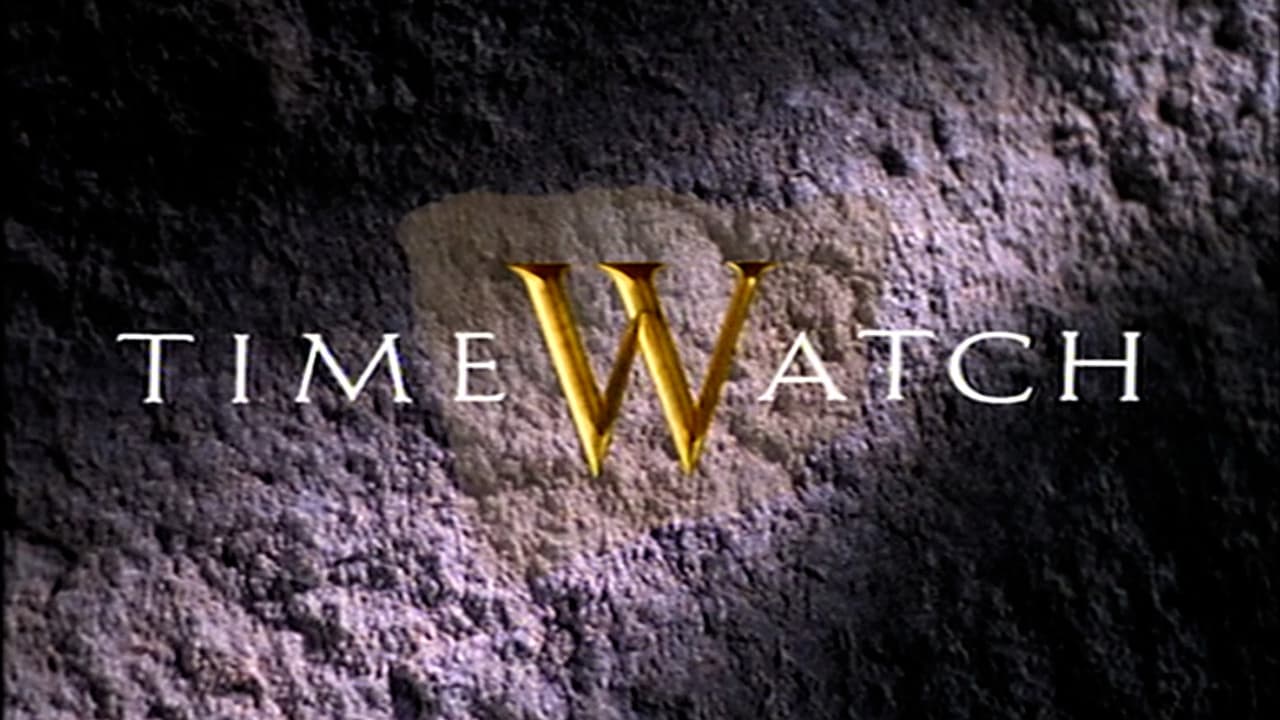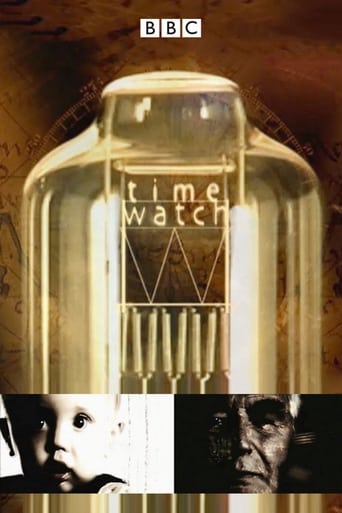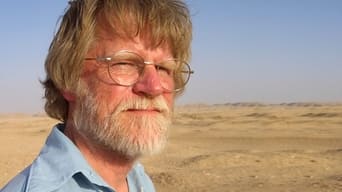Timewatch Season 27

Timewatch is a long-running British television series showing documentaries on historical subjects, spanning all human history. It was first broadcast on 29 September 1982 and is produced by the BBC, the Timewatch brandname is used as a banner title in the UK, but many of the individual documentaries can be found on US cable channels without the branding.
Watch NowWith 30 Day Free Trial!
Timewatch
1982 / TV-PG
Timewatch is a long-running British television series showing documentaries on historical subjects, spanning all human history. It was first broadcast on 29 September 1982 and is produced by the BBC, the Timewatch brandname is used as a banner title in the UK, but many of the individual documentaries can be found on US cable channels without the branding.
Watch Trailer
Timewatch Season 27 Full Episode Guide
Michael Palin tells the explosive, poignant story of the First World War's final day, which marks the start of the BBC's 90 Years of Remembrance season. Taking a solemn trudge around the former battlefields of northern Europe, he recounts events leading up to that last morning and reveals how soldiers tragically continued to die for hours after the ceasefire. 6/6.
How did an unassuming little girl become the most powerful woman in the world? At her birth, few believed Princess Victoria would one day be crowned Queen, but following a number of untimely deaths and the failure of her uncles to father any children, she became heir to the throne. But the battle between the princess and her mother, the Duchess of Kent, was to become one of the fiercest mother-versus-daughter struggles of all time, as the Duchess schemed to share in the power and riches that would one day be Victoria's. 4/6.
Peking, June 1900: The "Society of Right and Harmonious Fists", known by Europeans as the Boxers, entrapped more than 3,000 foreigners and Chinese Christians in the diplomatic quarter, in a bid to free China from the influence of the "Western devils". Ended by a Western relief army after 55 days, the siege helped bring down the imperial monarchy and precipitated a century of destruction, revolution, and ultimate renewal. 3/6.
The Asian tsunami of 2004 was a devastating natural disaster of epic proportions. Many believe a huge wave on this scale couldn't hit Europe - are they wrong? In 1607, an enormous flood engulfed Somerset and Monmouthshire claiming a huge number of lives. Professors Simon Haslett and Ted Bryant believe it was a British tsunami. Their work is controversial, with a governmental report concluding that the risk of a tsunami in Britain is small. Historian, scientist, and radio presenter Vanessa Collingridge weighs up the evidence. 2/6.
Experts have always believed that Britain's most iconic ancient monument was designed as a burial site. Two years ago a radical new theory emerged suggesting that Stonehenge was a place of healing rather than interment - a Bronze Age equivalent of Lourdes. During the first dig at the site in 50 years, archaeologists use forensic testing to see if they can unearth enough evidence to support their theory of the healing stones. NEW SEASON 1/6.
Some 30,000 Brits head for Australia each year - just a fraction of the one million who gambled on the ten-pound assisted-passage scheme through the 1950s and 60s, in one of the largest planned migrations of the 20th century. One of the conditions of the deal was that they stay for a minimum of two years. This insightful film charts the lives of nine of the emigrants. 6/6.
More than 3,000 years ago the rebel Pharaoh Akhenaten marched his people from Thebes to a desert plain beside the Nile. Within 20 years a huge new city was constructed dedicated to the Pharaoh's new god. This would be a place of abundance overseen by Akhenaten and his queen Nefertiti. After 25 years of digging, forensic evidence sheds new light on life and death under the rebel pharaoh. Was he really a benign leader or a ruthless despot with a keen eye for propaganda? 5/6.
The medieval mêlée tournament was a brutal free-for-all with sharpened weapons, few rules, and one undisputed champion: William Marshal. Military historian Dr Saul David journeys into Marshal's knightly world, training as he did, trying out his weapons, and charting his epic rise from a money-grabbing tournament champion to the Regent of England who saves a kingdom on the battlefield. 4/6.
In January 2007 the MSC Napoli ran aground, spilling its cargo on a Devon beach. Opportunists plundered the ship's booty while the authorities struggled to police the scene. But the looters of the Napoli were reviving a tradition that stretched back centuries: wrecking. Author Bella Bathurst goes in search of the wreckers, in an epic journey that takes her from the Isles of Scilly to the Orkney Islands, from the Middle Ages to the 21st century, and from dramatic mythology to the remarkable social history of a national crime. 3/6.
The D-Day landing at Omaha Beach in Normandy on 6 June 1944 is widely regarded as a great victory, but the operation was almost an unimaginable disaster. Very little actually went to plan on the day - the majority of the landing craft missed their targets while US troops suffered heavy casualties. How was success secured in the face of adversity? 2/6.
In July 2007, 61 men and women set off on an extraordinary voyage to sail the world's largest reconstructed Viking ship from Denmark to Ireland. This film follows their seven-week journey and reveals the emotional and physical challenges the crew face as they cope with having less than a square metre each in which to work, live, eat, and sleep - with no shelter from the weather. In their efforts to sail like the Vikings of old, the crew are pushed to the limit when they encounter larger waves and stronger winds than they've ever faced before. NEW SEASON 1/6.
Free Trial Channels
Seasons


































